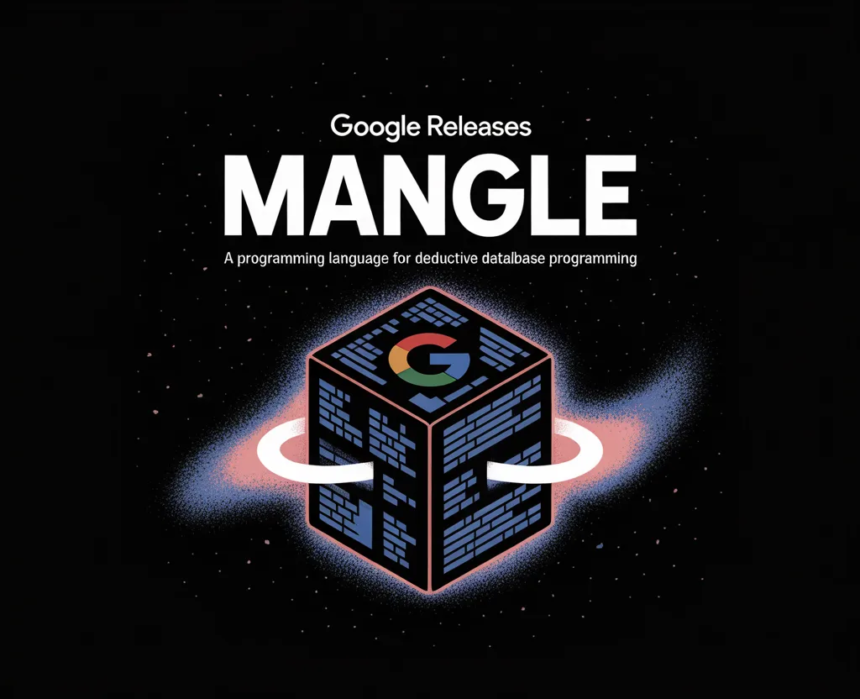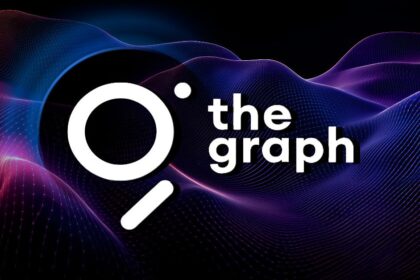Google has introduced Mangle, a new open-source programming language that extends the classic logic-based language Datalog for modern deductive database programming. Implemented as a Go library, Mangle is designed to simplify the complex task of querying and reasoning about data spread across multiple, disparate sources.
The release addresses a growing challenge for developers and security engineers: data fragmentation. In modern software ecosystems, information about dependencies, vulnerabilities, configurations, and infrastructure resides in various formats and locations. Mangle provides a unified, declarative framework to analyze this information cohesively.
At its core, Mangle is an extension of Datalog, a declarative logic programming language with roots in database theory. While traditional Datalog is powerful for expressing complex queries, it often lacks features needed for practical, real-world applications. Mangle bridges this gap by introducing several key extensions while aiming to maintain the accessibility and simplicity of its predecessor.
Key Features and Extensions
Mangle enhances traditional Datalog with features essential for modern development and security workflows:
- Recursive Rules: A hallmark of Datalog, Mangle fully supports recursive rules. This enables developers to elegantly express transitive relationships, which are common in tasks like tracing a project’s full dependency tree or mapping access rights through a hierarchy.
- Uniform Data Access: Mangle’s primary strength lies in its ability to treat multiple data sources as a single, logical database. It can ingest facts from files, APIs, or other data stores, allowing developers to write queries that seamlessly join information without worrying about the underlying source.
- Aggregation and Function Calls: Moving beyond pure logic, Mangle incorporates practical extensions like aggregation functions (e.g.,
count,sum) and the ability to call external functions. This allows for more complex computations and enables integration with existing codebases, letting developers enrich their logical analysis with custom business logic.
Practical Applications in Focus
The design of Mangle makes it particularly well-suited for several critical domains:
- Vulnerability Detection: Security teams can use Mangle to model security policies and codebases as a set of facts and rules. For example, one could write a rule stating that a project is vulnerable if it depends on a library with a known CVE. Mangle can then recursively check the entire dependency graph to flag affected projects.
- Software Dependency Analysis: Mangle is a natural fit for navigating the complexities of modern software supply chains. It can be used to analyze Software Bill of Materials (SBOMs), enforce versioning policies across an organization, or identify projects impacted by a deprecated library.
- Knowledge Graph Modeling: The language provides a powerful tool for building and querying knowledge graphs. By representing entities and their relationships as logical facts, organizations can use Mangle to uncover hidden connections and perform sophisticated reasoning over large, interconnected datasets.
Implementation and Developer Accessibility
By implementing Mangle as a Go library, Google has ensured it can be easily embedded into a wide range of existing applications and analysis tools. This approach avoids the overhead of a standalone database system and puts powerful deductive querying capabilities directly into the hands of developers. The project’s documentation emphasizes practicality, aiming to make logic-based programming accessible to developers who may be more familiar with imperative or object-oriented paradigms.
The release of Mangle provides a powerful new tool for any developer, SRE, or security professional tasked with making sense of complex, distributed information. By combining the declarative elegance of Datalog with the practical features needed for modern software, Google has delivered a solution poised to simplify everything from security analysis to infrastructure management.
Check out the GitHub Page. Feel free to check out our GitHub Page for Tutorials, Codes and Notebooks. Also, feel free to follow us on Twitter and don’t forget to join our 100k+ ML SubReddit and Subscribe to our Newsletter.










